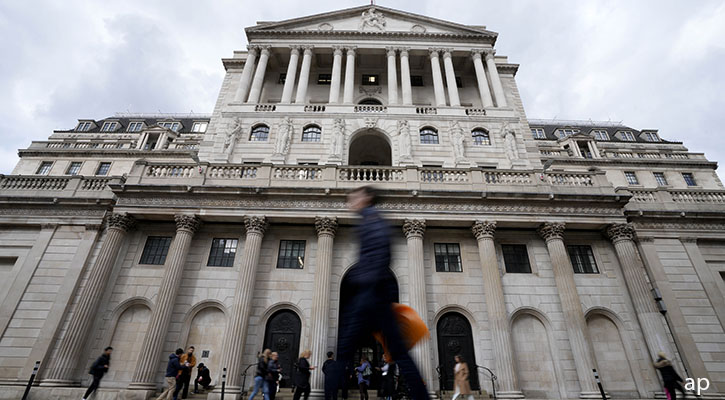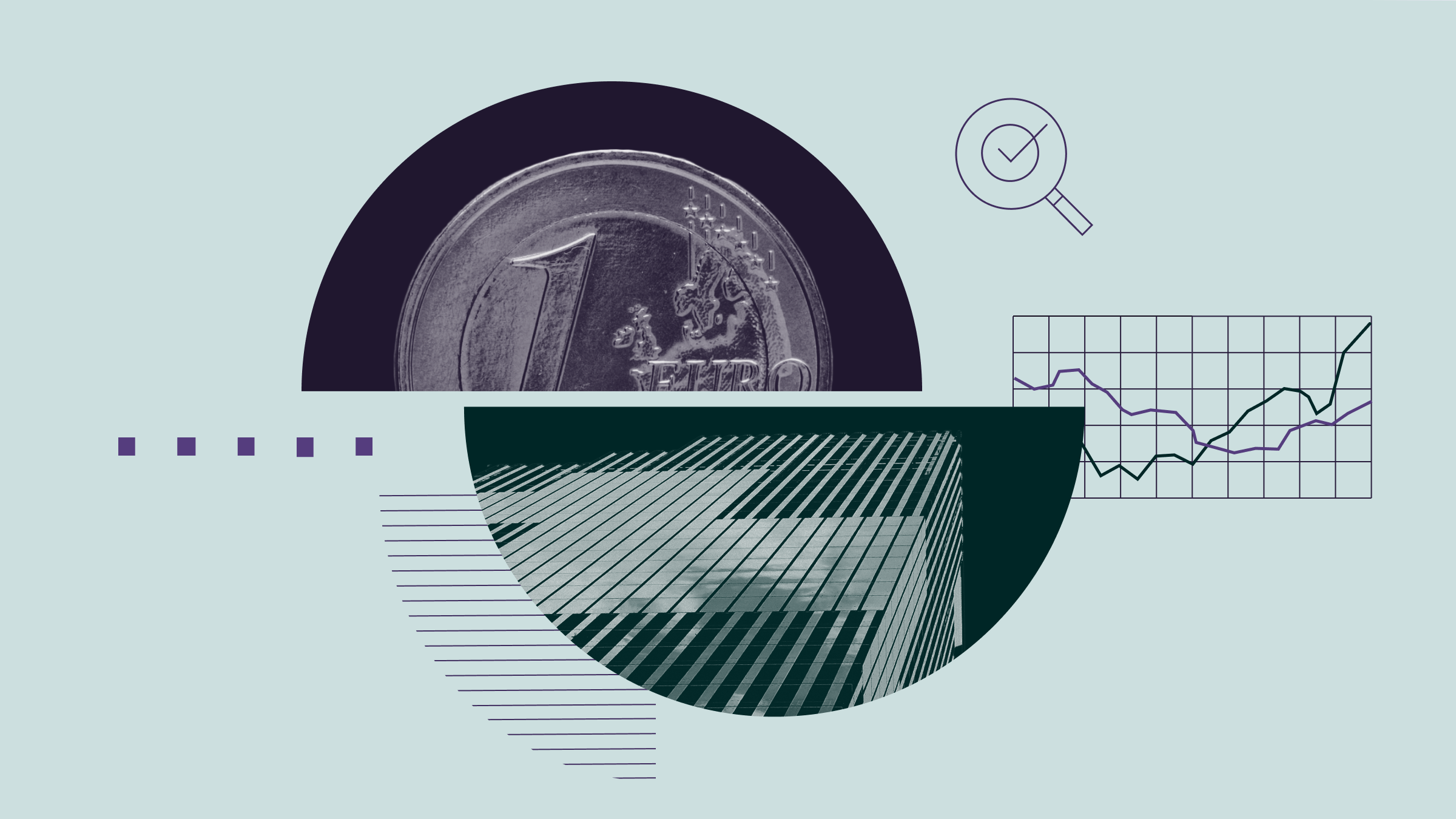
Bank of England meetings aren’t strictly monthly so this staggered calendar means a lot can happen inbetween MPC decisions.
Since the “no change” vote on September 21, the Israel-Hamas war has ignited the Middle East. And more prosaically, the UK consumer price index data from the ONS showed that inflation is holding firm at 6.7%, compared to 3.7% in the US and 3.1% in the eurozone. US bond yields have broken through 5% as investors expect “higher for longer” interest rates in the world’s biggest economy.
So to say the Bank’s policymakers face a “challenging macro environment” in making the latest decision is perhaps understating the case. But it’s been here before, most notably in the aftermath of Russia’s invasion of Ukraine.
Rates have since gone from 0.5% to 5.25%. So while policymakers worry about external events, there’s no sense they defer rate rises because of geopolitical disturbances. This could change as the recent iteration of the conflict is still in its early stages.
This time the consensus among economists is for the Bank to keep rates at 5.25% at the November meeting, when it will also release the quarterly monetary policy report (MPR) with forecasts for inflation and economic growth. No doubt the Middle East conflict will be referenced as a risk factor for inflation, given the link between elevated oil prices and costs at the petrol pump. Crude prices were already rising before October 7.
Still, price rises have so far been muted, at least in comparison with last February, when Brent crude soared over $100 a barrel. This year the biggest risk seems to be escalation via other regional actors becoming involved in the conflict. As Morningstar's energy analyst, Stephen Ellis says, the wider Middle Eastern region serves as a transit point for nearly one in every five barrels produced globally. Intuitively, any event that is likely to increase inflationary pressures is likely to defer the return to the Bank’s 2% target and slow the pace of possible rate cuts.
Some Expert Predictions
Andy Burgess, fixed income investment specialist, Insight Investment:
“We expect the Bank of England to hold rates steady this week, and further rate hikes are looking increasingly unlikely. The economy is now clearly weakening and inflation indicators are trending downwards. This is going to shift market focus onto the detail of the minutes and whether any members of the split committee shift to a more dovish position."
"A pause from central bankers to monitor the impact of previous hikes on the economy is increasingly likely," says M&G's Fabiana Fedeli, chief investment officer, equities, multi asset and sustainability.
Ronald Temple, chief market strategist at Lazard says: "Given the base effects the BoE expects as well as signs of economic weakening, I expect the BoE to pause, with the August hike proving to be the last of the cycle."
Speaking of central banks in general, Anthony Rayner, multi asset manager at Premier Miton Investors, says that financial markets are still focusing squarely on inflation. But this is "only compounded by a higher oil price due to the nature and location of the conflict" in the Middle East, he adds.
Are We Raising Rates or Cutting Soon?
What are the Bank’s MPC members likely to say on November 2? In short, inflation remains high (especially core inflation), they’re worried about the Middle East, it’s too soon to talk about rate cuts etc. They will also touch on the economy, which is stumbling, and the housing market, which is ailing. Labour market stats will also be pored over; pay is starting to overtake inflation, but the jobs market is less buoyant than it has been at times this year.
At the most recent meeting, MPC members voted 5-4 to hold rates so it might be another close vote. But if rates are not hiked in November, we’ll be here in December having the same discussion. Some economists who aren’t predicting a rise in November are doing so for the December 14 meeting.
The consensus among forecasters, though, is that the Bank is now done in terms of rate rises. It may now go into “wait and see mode” as the cumulative effect of this year’s rises feed through into the economy. Many mortgage owners are still to switch off cheaper fixed rate products, for example, so this will likely dampen spending and take the heat out of the economy. We’ve gone from 0.1% to 5.25% in a matter of two years, so the UK economy is still making a massive adjustment from the “cheap money” era. In technical terms this is a "transmission", but its ripple effect is being felt across all credit-sensitive industries, from car finance to credit cards.
After Thursday’s meeting, attention will then turn to when the Bank will start cutting rates. Again, economists are divided, but quarter three 2024 seems the most likely period for that shift from aggressive monetary tightening to modest loosening. Clearly this pivot depends on how the battle against inflation goes.
Before the December Bank of England meeting, we’ll have the Autumn Statement, and potentially a confirmation of when the next General Election will be held. We may get the first rate cut in the build-up to the election campaign; a lot depends on whether the government has room to cut taxes until then. A monetary and fiscal loosening would be a dream combination for the Conservatives. But this may not come quick enough for a party which is trailing so badly in the polls. While consumers won't like rates staying higher for longer, that's another strong argument for central bank independence.



























